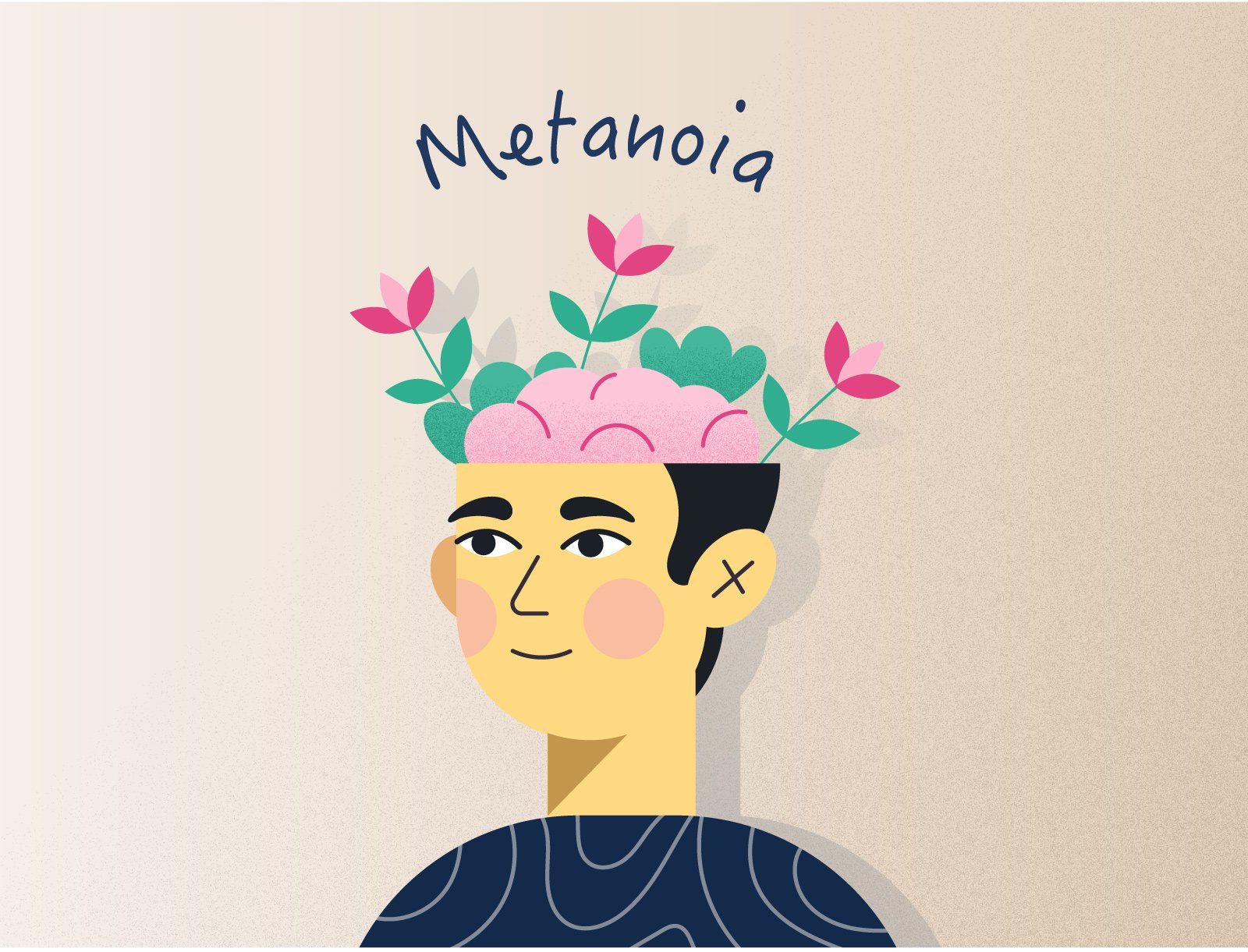This article is a taken from the Introduction to The Fifth Discipline: The Art and Practice of the Learning Organization by Peter Senge, first published 1990, revised 2006.
METANOIA—A SHIFT OF MIND
When you ask people about what it is like being part of a great team, what is most striking is the meaningfulness of the experience. People talk about being part of something larger than themselves, of being connected, of being generative. It becomes quite clear that, for many, their experiences as part of truly great teams stand out as singular periods of life lived to the fullest. Some spend the rest of their lives looking for ways to recapture that spirit.
The most accurate word in Western culture to describe what happens in a learning organization is one that hasn't had much currency for the past several hundred years. It is a word we have used in our work with organizations for some ten years, but we always caution them, and ourselves, to use it sparingly in public. The word is "metanoia" and it means a shift of mind. The word has a rich history. For the Greeks, it meant a fundamental shift or change, or more literally transcendence ("meta"—above or beyond, as in "metaphysics") of mind ("noia," from the root "nous," of mind). In the early (Gnostic) Christian tradition, it took on a special meaning of awakening shared intuition and direct knowing of the highest, of God.
"Metanoia" was probably the key term of such early Christians as John the Baptist. In the Catholic corpus the word metanoia was eventually translated as "repent." To grasp the meaning of "metanoia" is to grasp the deeper meaning of "learning," for learning also involves a fundamental shift or movement of mind. The problem with talking about "learning organizations" is that the "learning" has lost its central meaning in contemporary usage.
Most people's eyes glaze over if you talk to them about "learning" or "learning organizations." Little wonder—for, in everyday use, learning has come to be synonymous with "taking in information." "Yes, I learned all about that at the course yesterday." Yet, taking in information is only distantly related to real learning. It would be nonsensical to say, "I just read a great book about bicycle riding—I've now learned that."
Real learning gets to the heart of what it means to be human. Through learning we re-create ourselves. Through learning we become able to do something we never were able to do. Through learning we reperceive the world and our relationship to it. Through learning we extend our capacity to create, to be part of the generative process of life. There is within each of us a deep hunger for this type of learning. It is, as Bill O'Brien of Hanover Insurance says, "as fundamental to human beings as the sex drive."
This, then, is the basic meaning of a "learning organization"—an organization that is continually expanding its capacity to create its future. For such an organization, it is not enough merely to survive. "Survival learning" or what is more often termed "adaptive learning" is important—indeed it is necessary. But for a learning organization, "adaptive learning" must be joined by "generative learning," learning that enhances our capacity to create.
A few brave organizational pioneers are pointing the way, but the territory of building learning organizations is still largely unexplored. It is my fondest hope that this book can accelerate that exploration.
